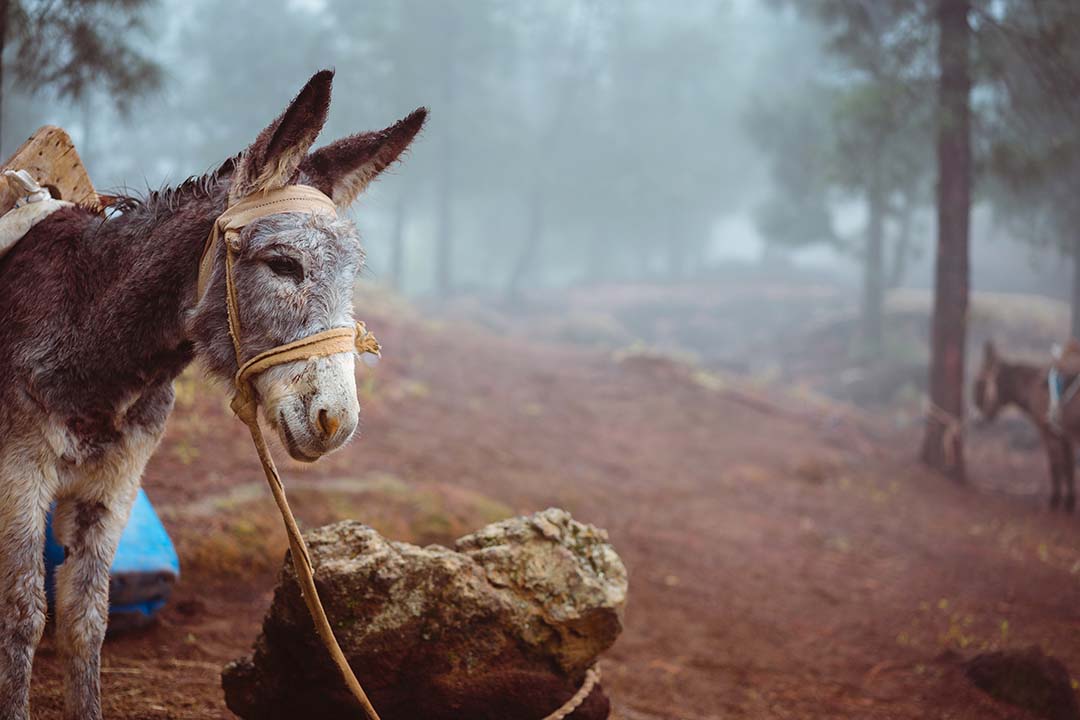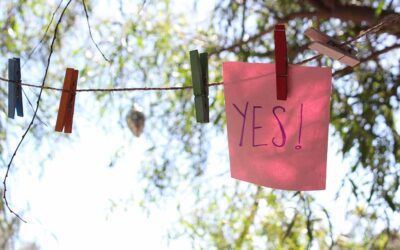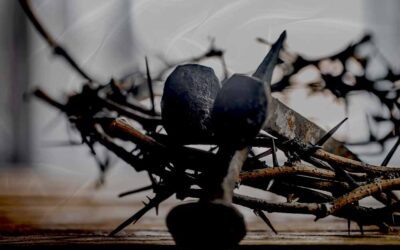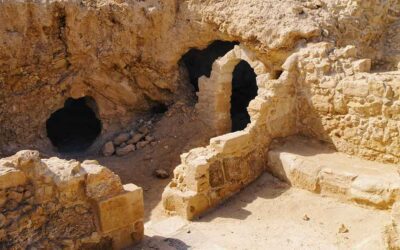
Collect for Lent 6 – Palm Sunday
Philippians: 2: 5-11
Matthew 21: 1-11
When forests walked and fishes flew
And figs grew upon thorn,
Some moment when the moon was blood,
Then, surely, I was born.
With monstrous head and sickening bray
And ears like errant wings—
The devil’s walking parody
Of all four-footed things:
The battered outlaw of the earth
Of ancient crooked will;
Scourge, beat, deride me—I am dumb—
I keep my secret still.
Fools! For I also had my hour—
One far fierce hour and sweet:
There was a shout around my head
And palms about my feet.
G. K. Chesterton
Previous Posts
Praying Together 25th December 2022
It only takes one candle to be lit and the darkness loses its power to frighten. That is our mission.
Praying Together 18th December 2022
In a hundred years, and for hundreds of years after that, the Nativity story will still be told, as it has been for the last two thousand.
Praying Together 11th December 2022
Few of us will be called by God to do something earth-shattering. But we will all be called to fulfil His purpose in our lives.
Praying together 4th December 2022
It’s not how we serve between Christmas and New Year that matters, it’s how we serve between New Year and Christmas.
Praying Together 27th November 2022
Pause for a moment; for a change, a Meditation rather than a sermonette. Thanks to Clare Anglicans
Praying Together 20th November 2022
He will turn His face to Jerusalem, the theatre where His Destiny will be revealed – a destiny of suffering for the sake of unrequited love.
Praying Together 13th November 2022
So on the eleventh day of the eleventh month, it is right to keep silence for the fallen, in every sphere of life, but unless we resolve to remember them as we remember Jesus – every day of the year – it means little.
Praying Together 6th November 2022
Human structures, societies and cultures will always eventually crumble. God’s Kingdom is everlasting. And it’s free for the asking.
Praying together 30th October 2022
Luke 18: 9-14Ephesians 1:11-23 ‘Saint’ Defn. #1: a person acknowledged as holy or virtuous and regarded in Christian faith as being in heaven after death. Well, I’m not dead yet (or at least I wasn’t at the time of writing.) So that’s not me. ‘Saint’ Defn. #2: a very...
Praying Together 23rd October 2022
We don’t stop doing right because of the fear of becoming proud – and we don’t let past failure stop us from living in His house.
Praying Together 16th October 2022
2 Timothy 3:14 - 4:5 Are we there yet? (Title courtesy of Marjorie)Just stop for a moment. Take a look around. How did you get to where you are at this instant in time? Now have a look into yourself, your heart and mind, and reflect on your journey in faith –...
Praying Together 9th October 2022
Collect for Trinity 17 Almighty God, you have made us for yourself, and our hearts are restless till they find their rest in you: Teach us to offer ourselves to your service, that here we may have your peace, and in the world to come may see you face to face;through...











